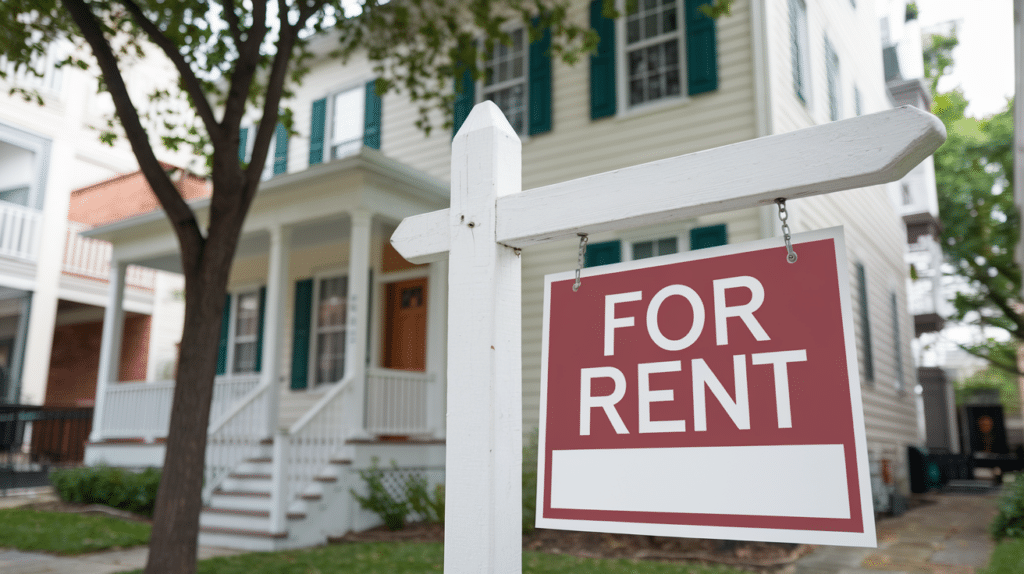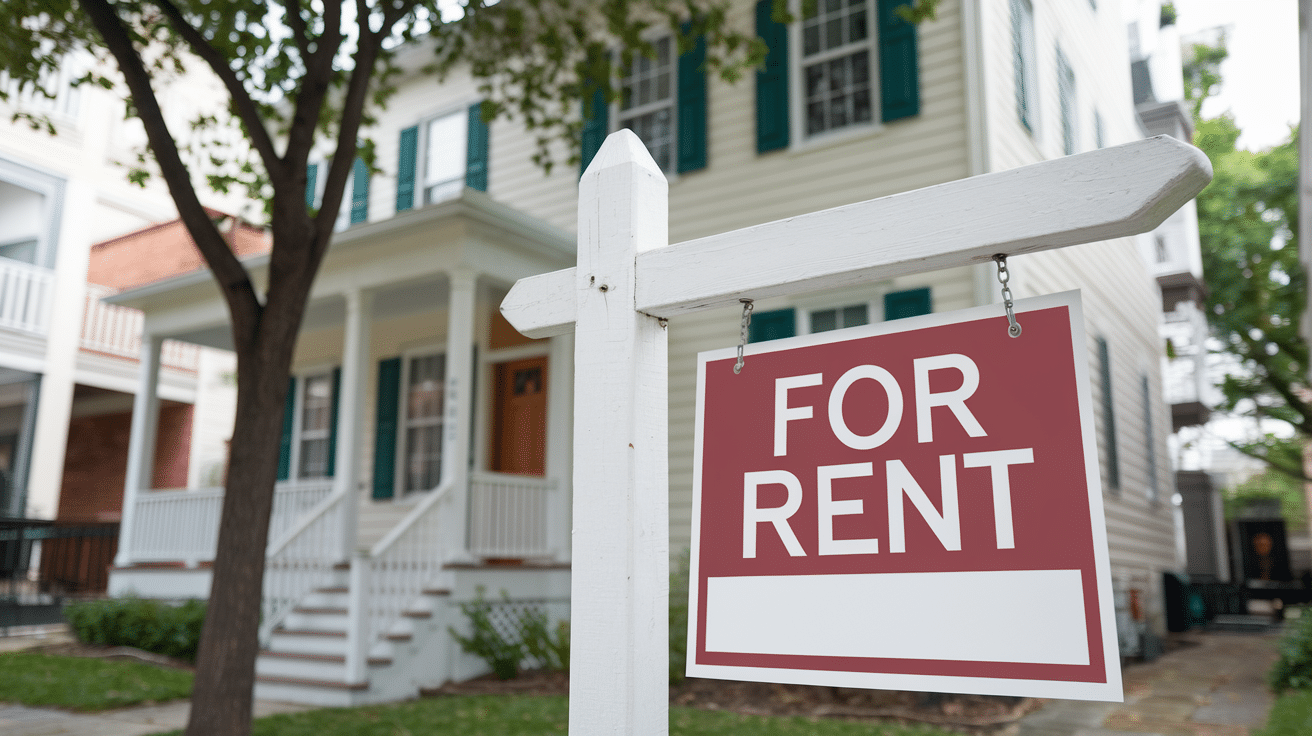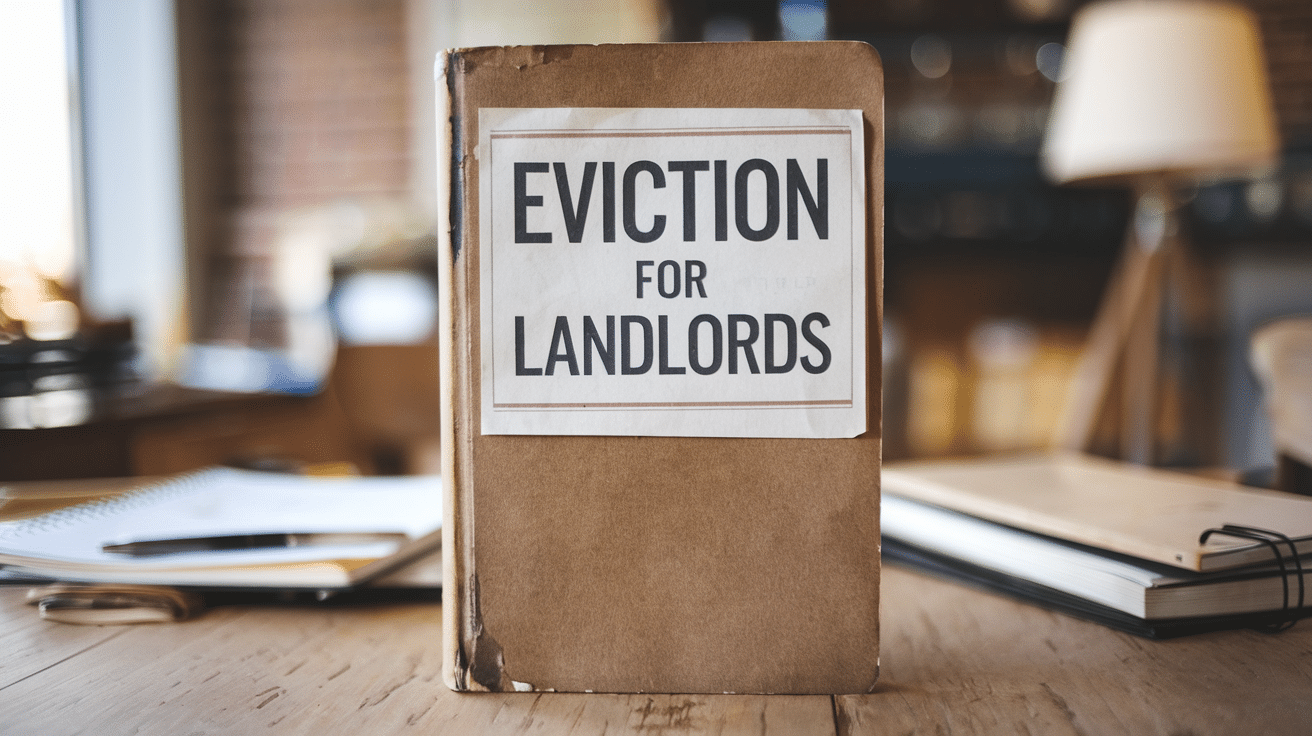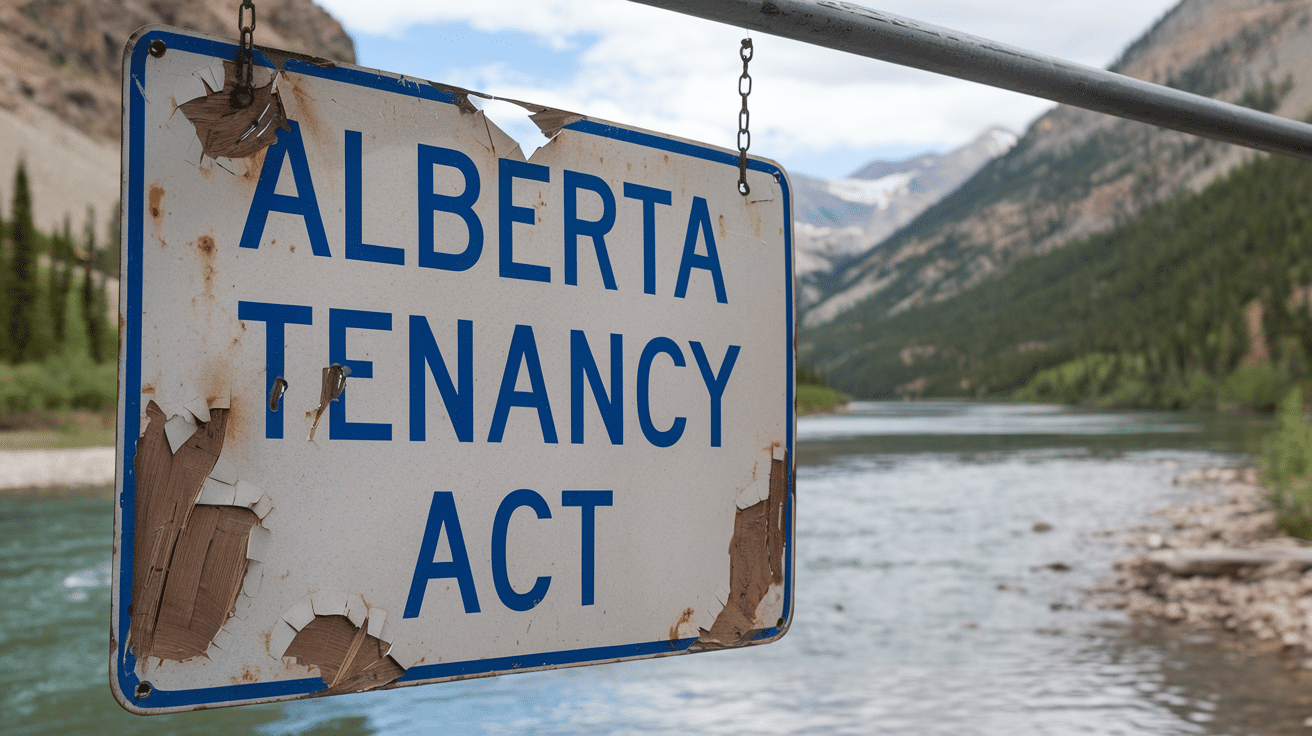Today, we’re diving deep into the world of rental property insurance. Are you a property owner in Edmonton or thinking about becoming one? If so, you’re in the right place. This isn’t just another boring insurance talk – it’s a crucial part of protecting your investment and your future. Whether you’re managing properties yourself or working with Property Managers Edmonton, understanding insurance is key to your success.
Rental property insurance is like a safety net for landlords. It catches you when things go wrong, which, let’s face it, they sometimes do. But here’s the kicker – not all insurance policies are created equal. Some might leave you high and dry when you need them most.
So, buckle up… We’re about to take a wild ride through the ins and outs of rental property insurance. You’ll learn things that could save you thousands of dollars and a whole lot of headaches. Trust me, by the end of this guide, you’ll be an insurance whiz, ready to tackle whatever curveballs your rental property throws at you.
Key Takeaways
- Thoroughly understand your insurance policy: Read it carefully and ask your insurance provider to explain any unclear terms or conditions. Know exactly what is and isn’t covered.
- Consider adding Service Line Disruption coverage: This can protect you from costly repairs, especially if you own older properties with aging infrastructure.
- Maintain a substantial emergency fund: Aim for 3-6 months of expenses per property. This can help you handle repairs without always relying on insurance claims.
- Think twice before filing small claims: Weigh the immediate benefit against potential long-term premium increases across your entire portfolio.
- Properly maintain your properties: Regular maintenance, especially of water management systems (grading, sump pumps, weeping tiles), can prevent costly damage.
- Review and update your insurance annually: As your property portfolio grows or changes, make sure your coverage keeps pace.
- Build a reliable team of professionals: This includes insurance agents, lawyers, and contractors who understand the unique needs of rental property owners.
- Consider higher deductibles for lower premiums: If you have a healthy reserve fund, this strategy could save you money in the long run.
- Require tenants to have renter’s insurance: This can reduce claims against your policy and protect both you and your tenants.
- Document everything: Keep detailed records of all property-related transactions, communications, and incidents. This will be invaluable if you need to make a claim.
The Insurance Maze: Navigating Your Policy

This isn’t just a made-up scenario. It happened to real property investors, and it highlights a crucial point: understanding your insurance policy is key.
Here’s the deal: Insurance policies are like snowflakes – no two are exactly alike. Some cover things you’d never expect, while others leave out coverage you thought was standard. That’s why it’s crucial to know exactly what your policy includes.
Pro tip: Don’t be afraid to ask questions. Lots of them. What’s covered? What’s not? What the heck is a binder, anyway? (It’s a temporary form of coverage, by the way.) The more you know, the better protected you’ll be.
The $15,000 Lesson: Why Coverage Matters
Now, let’s talk about every landlord’s nightmare – major repairs. Imagine waking up to find out your rental property’s sewer line has collapsed. Oh, and it’s going to cost you $15,000 to fix. Ouch.
This isn’t a horror story – it’s a real situation that happened to seasoned property investors. And here’s the kicker: their insurance didn’t cover it.
Why? Because sewer line collapses fall under a specific type of coverage called “Service Line Disruption”. And guess what? Many standard policies don’t include it.
Here’s the lesson: Don’t assume your policy covers everything. Always check for specific coverages, especially if you’re dealing with older properties. Those charming old houses might have clay sewer lines that are ticking time bombs for your wallet.
Water, Water Everywhere: The Hidden Dangers
But wait, there’s more. Let’s say you’ve dodged the sewer line bullet. You’re in the clear, right? Not so fast. Enter: water damage.
Picture this: There’s a heavy rainstorm. The ground around your property isn’t graded properly, so water starts pooling around the foundation. No big deal, you think. That’s what sump pumps are for. But what if the sump pump decides to take a day off?
Suddenly, you’ve got water seeping into the basement, sneaking under the subfloor, and causing all sorts of expensive damage. And guess what? Depending on your policy, this might not be covered either.
The takeaway: Pay attention to the little things. Proper grading, functioning sump pumps, and well-maintained weeping tile systems aren’t just nice-to-haves. They’re essential for preventing costly water damage.
To Claim or Not to Claim: That is the Question
Now, let’s say disaster strikes and you’re faced with a hefty repair bill. Your first instinct might be to file an insurance claim. But hold your horses… This isn’t always the best move.
Here’s why: Every time you file a claim, you’re potentially increasing your future premiums. And not just for the property in question – we’re talking about your entire portfolio.
So, before you pick up that phone, ask yourself: Is this claim worth the potential long-term cost?
Pro tip: Consider setting up a separate emergency fund or line of credit for smaller repairs. It might seem counterintuitive to pay out of pocket when you have insurance, but it could save you big bucks in the long run.
The Joint Venture Juggle: Keeping Partners Happy
If you’re in a joint venture, things get even trickier. Unexpected expenses can put a strain on even the strongest partnerships.
Imagine this: You’ve got a great joint venture going. Everything’s smooth sailing until that pesky sewer line collapses. Suddenly, you’re faced with a $15,000 bill that your insurance won’t cover. Who pays? How do you divide the cost?
The solution: Clear agreements and robust reserve funds. Make sure your joint venture agreement spells out exactly who’s responsible for what. And always, always keep a healthy reserve fund. It’s like a relationship counselor for your business partnerships – it keeps everyone happy when things get tough.
The Insurance Strategy: Playing the Long Game
Here’s where things get really interesting. Is it better to rely on insurance for everything, or should you have a solid financial backup plan?
The answer isn’t simple. It depends on a lot of factors:
- The age and condition of your properties
- Your risk tolerance
- Your financial situation
- Is the average rent in Edmonton above average, meaning more free cash flow?
- The specific terms of your insurance policies
Here’s something to chew on: Higher deductibles often mean lower premiums. So, if you’ve got the financial cushion to handle smaller repairs, opting for a higher deductible could save you money in the long run.
But remember, this strategy only works if you’ve actually got that financial cushion. Don’t leave yourself vulnerable just to save a few bucks on premiums.
The Power of Your Team: Choose Wisely
Remember our story about the insurance binder fiasco? There’s another lesson hidden in there: your team matters.
Having reliable, knowledgeable professionals on your side can make or break your real estate investing journey. This includes:
- Insurance agents who understand the unique needs of landlords
- Lawyers who can navigate the complexities of real estate transactions
- Contractors who can handle repairs quickly and efficiently
When you lose a key team member (like a trusted insurance agent who retires), it can throw a wrench in your whole operation. So always be on the lookout for great professionals to add to your roster.
The Long-Term View: Planning for Success
Here’s the truth: Real estate investing is a marathon, not a sprint. Those unexpected expenses? They’re not setbacks – they’re just part of the game.
The key is to plan for them. Here’s how:
- Understand your insurance inside and out. Know what’s covered, what’s not, and why.
- Build up your reserves. Aim for at least 3-6 months of expenses for each property.
- Develop relationships with reliable contractors. When disaster strikes, you want to know who to call.
- Keep learning. The real estate market is always changing. Stay on top of trends, laws, and best practices.
Remember, every challenge is an opportunity to learn and grow. That $15,000 sewer repair? It’s not just an expense – it’s an education in property maintenance and insurance coverage.
Wrapping It Up: Your Rental Property Insurance Cheat Sheet
Phew. We’ve covered a lot of ground. Let’s recap the key points:
- Know your policy inside and out. Don’t assume anything is covered.
- Consider specialized coverage like Service Line Disruption, especially for older properties.
- Think twice before filing small claims. The long-term cost might outweigh the short-term benefit.
- Maintain healthy reserve funds for unexpected expenses.
- Keep your property in top shape to prevent avoidable damage.
- Build a strong team of professionals you can rely on.
- Take the long view in your real estate investing journey.
Remember, being a successful landlord isn’t just about collecting rent. It’s about being prepared for whatever comes your way. With the right insurance coverage and a solid financial strategy, you’ll be ready to weather any storm – literal or figurative.
So, are you ready to take your rental property game to the next level? Armed with this knowledge, you’re well on your way to becoming a savvy, successful landlord. Now go out there and conquer the real estate world.
Frequently Asked Questions (FAQ)
To help you navigate the complex world of rental property insurance even better, here are answers to some common questions:
1. What’s the difference between homeowner’s insurance and rental property insurance?
Homeowner’s insurance is designed for owner-occupied properties, while rental property insurance (also known as landlord insurance) is specifically for properties you rent out. Rental property insurance typically includes additional coverages like loss of rental income and liability protection for tenant-related incidents.
2. Do I really need rental property insurance?
Absolutely. While it’s not always legally required, it’s a crucial protection for your investment. Without it, you could be on the hook for expensive repairs, liability claims, or loss of rental income if your property becomes uninhabitable.
3. What does “Service Line Disruption” coverage include?
Service Line Disruption coverage typically protects you from the costs associated with repairing or replacing external utility lines on your property. This can include water and sewer pipes, electrical lines, and sometimes even internet cables. Remember the $15,000 sewer line story? This is the coverage that could have saved the day.
4. How much does rental property insurance typically cost?
The cost can vary widely based on factors like property value, location, and the extent of coverage. On average, expect to pay about 15-20% more than you would for homeowner’s insurance on the same property. But don’t let the cost scare you – the protection it offers is well worth it.
5. Can I require my tenants to have renter’s insurance?
Yes, and it’s a good idea to do so. Renter’s insurance protects your tenants’ personal property and provides liability coverage for them. This can reduce the likelihood of them making claims against your policy. Many landlords now make renter’s insurance a requirement in their lease agreements.
6. What’s an insurance binder and why might I need one?
An insurance binder is a temporary form of coverage that serves as proof of insurance before your actual policy is issued. You might need one when closing on a property purchase or refinancing. Not all insurance companies provide binders for all types of policies, so it’s important to ask about this upfront.
7. How often should I review my rental property insurance policy?
It’s a good idea to review your policy annually, or whenever you make significant changes or improvements to your property. Also, if you acquire new properties or your circumstances change, it’s worth checking if your coverage is still adequate.
8. What’s the deal with flood insurance?
Standard rental property insurance policies typically don’t cover flood damage. If your property is in a flood-prone area, you might need to purchase separate flood insurance.
9. How do I decide on the right deductible amount?
Choosing a deductible is a balancing act. A higher deductible typically means lower premiums, but you’ll pay more out of pocket when you make a claim. Consider your financial situation and risk tolerance. If you have a healthy reserve fund, you might opt for a higher deductible to save on premiums.
10. What should I do if I need to make a claim?
If you need to make a claim:
- Document everything – take photos, keep receipts, record all communications.
- Contact your insurance company as soon as possible.
- Take steps to prevent further damage to the property.
- Be prepared to provide detailed information about the incident and any resulting damage.
- Consider whether the claim amount justifies potentially higher future premiums.
Remember, understanding your rental property insurance is key to protecting your investment. Don’t hesitate to ask your insurance provider these questions and more. The more you know, the better prepared you’ll be to handle whatever challenges come your way as a landlord.






